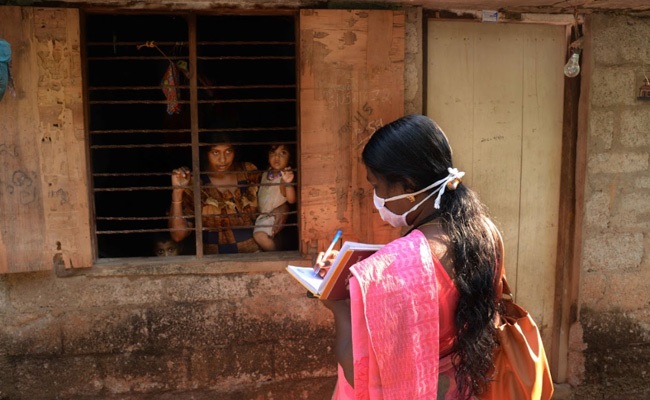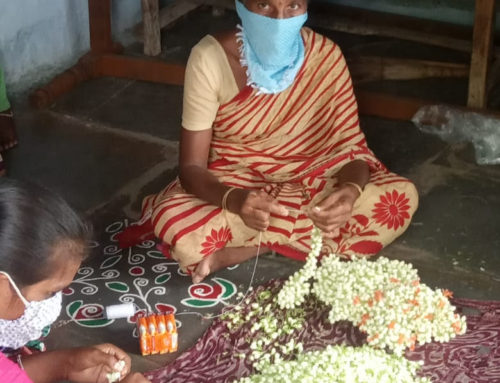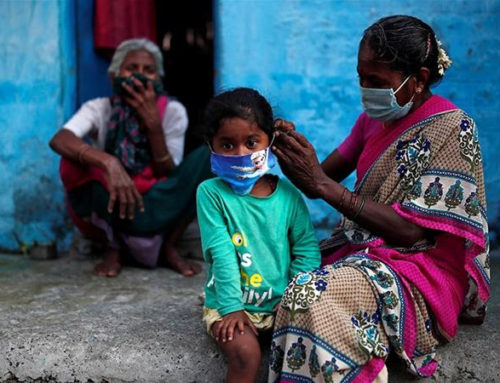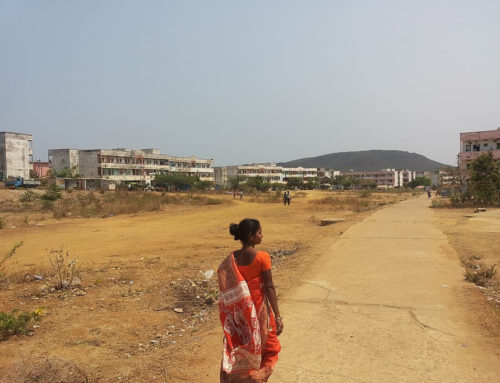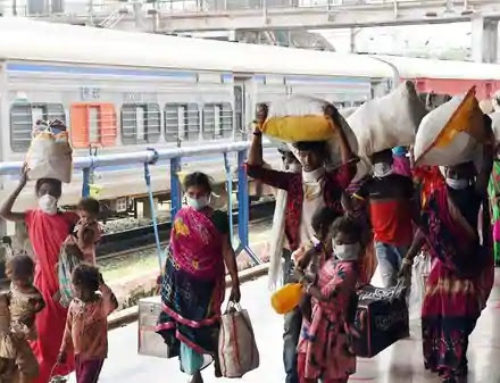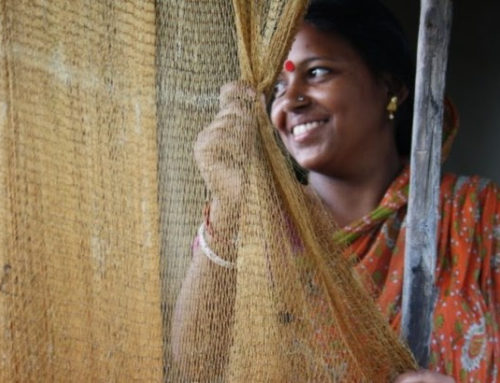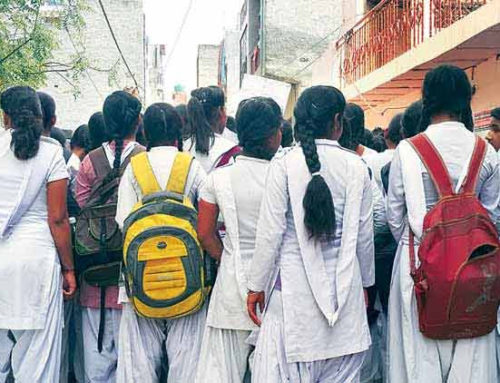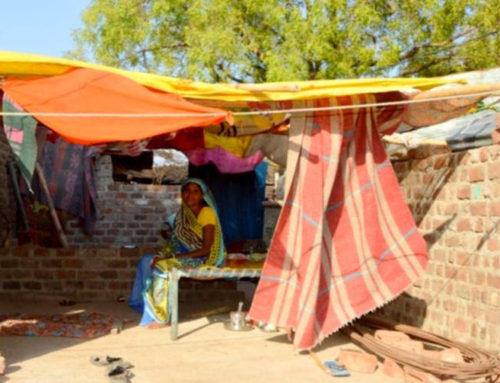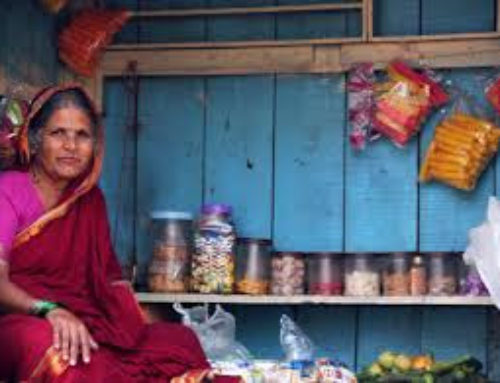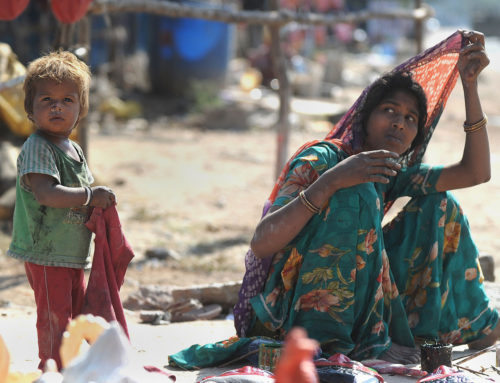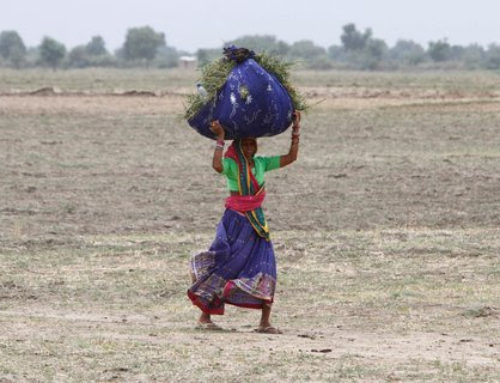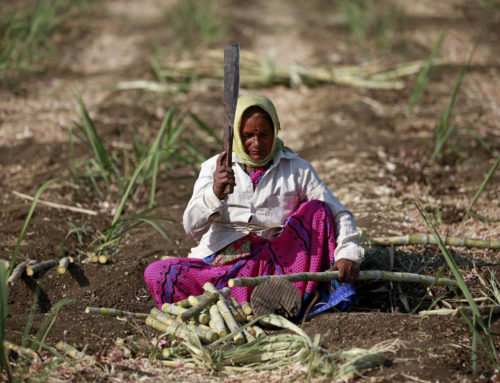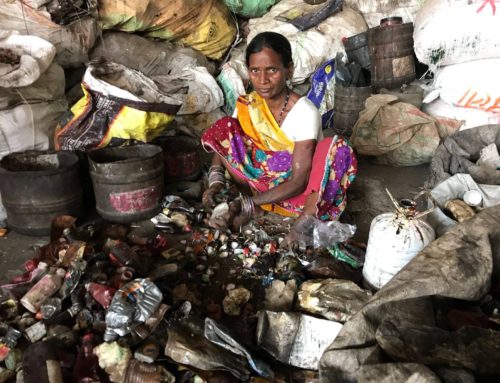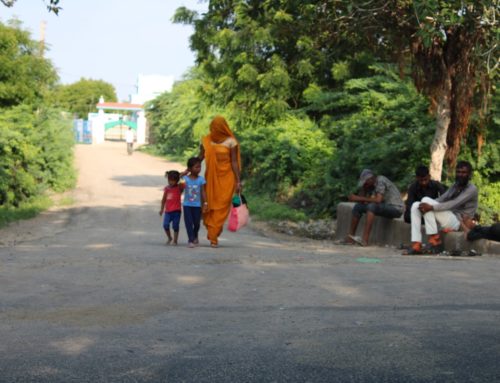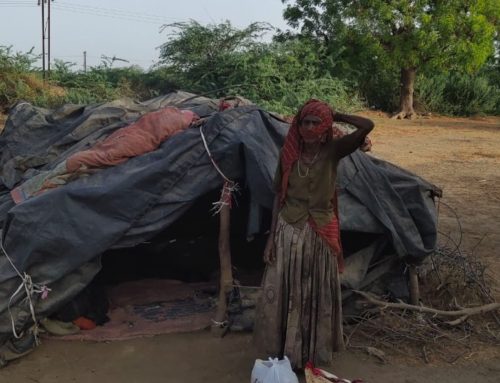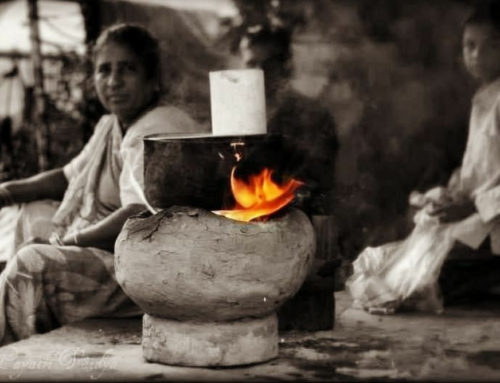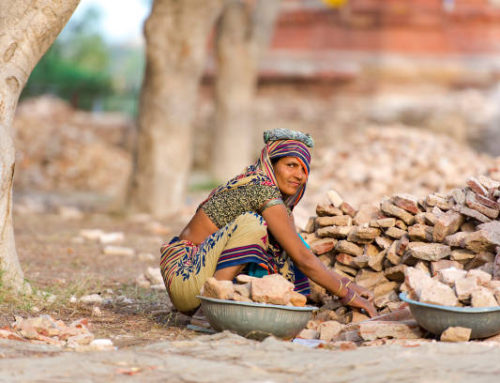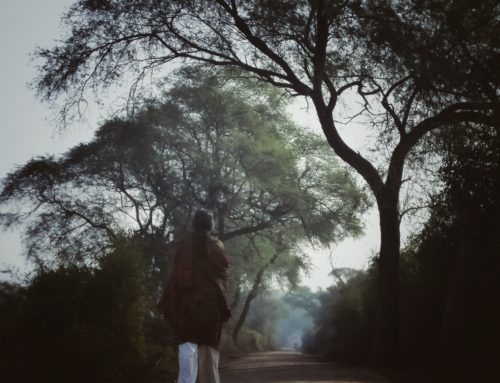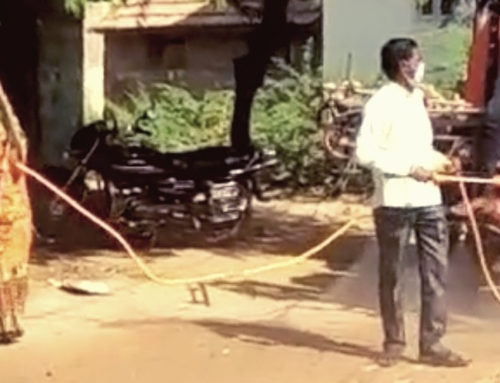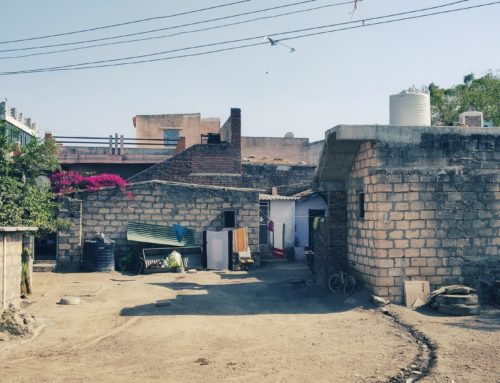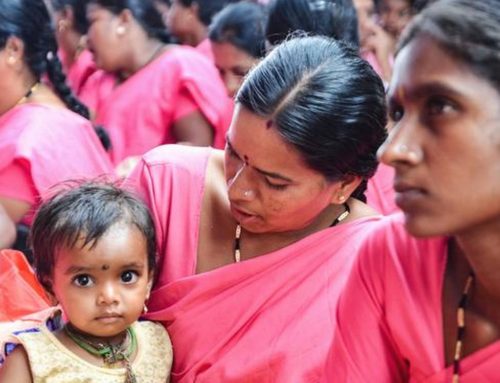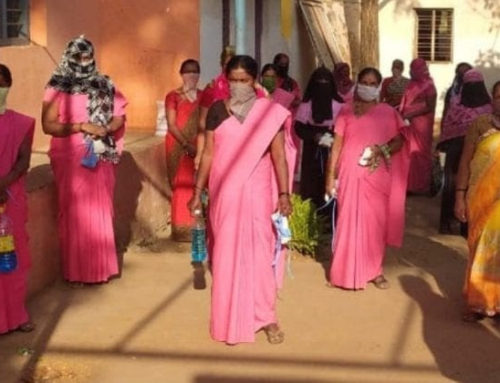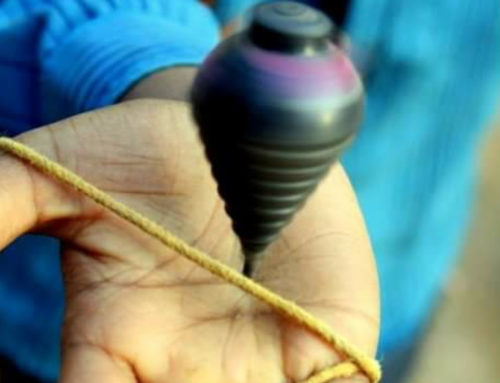It hasn’t been easy for Aarti to do her work during this lockdown. A frontline service provider during this pandemic, for being an ASHA worker, it has been very difficult for Aarti to balance her domestic life and her work demands.
Aarti has been facing constant abuse – physical and mental – by her husband for having to work during lockdown. He beats her up, and accuses her of having extra marital affairs on her duty. According to him, that’s the only reason he can think of why she has to be outdoors when everyone else is at home.
Sixth of April, a week into the lockdown, Aarti had had enough. She, after being severely beaten by her husband once again, left home. Aarti got to her mother’s house and contacted the counselor at the MahilaSahayata Kendra – a women’s help cell in the Community Health Centre in Radhanpur, Gujarat. The counselors advised Aarti to call 181 immediately.
Since Aarti was facing issues with her phone, she requested the counselor to make the call to 181 and seek assistance on her behalf. The counselor complied but did not get a very useful response from the 181 operator who basically told her that they cannot intervene if the accuser does not contact the service themselves. The operator also suggested that Aarti call from her neighbour’s phone in case of trouble with hers. While it is understood that the operator was only following due procedure but that did not help Aarti’s situation especially in times of restricted avenues and movement.
With no help, Aarti saw no alternative but to go back to her abusive husband. She was not at all comfortable asking for her neighbour’s phone for the fear of her sour marriage and personal conflicts becoming public knowledge –a very real fear in small villages and towns which have very close-knit communities.
Given that she could see no other way out of this, she went back to living with her husband, also because she was called back into work by her MO and FHW – who, also, are very well aware of her situation at home.
Aarti showed bravery in trying to come out of her situation and seek the system’s help but it yielded no results, at least in her case
Case Study reported by: SWATI Team
Location: Gujarat

